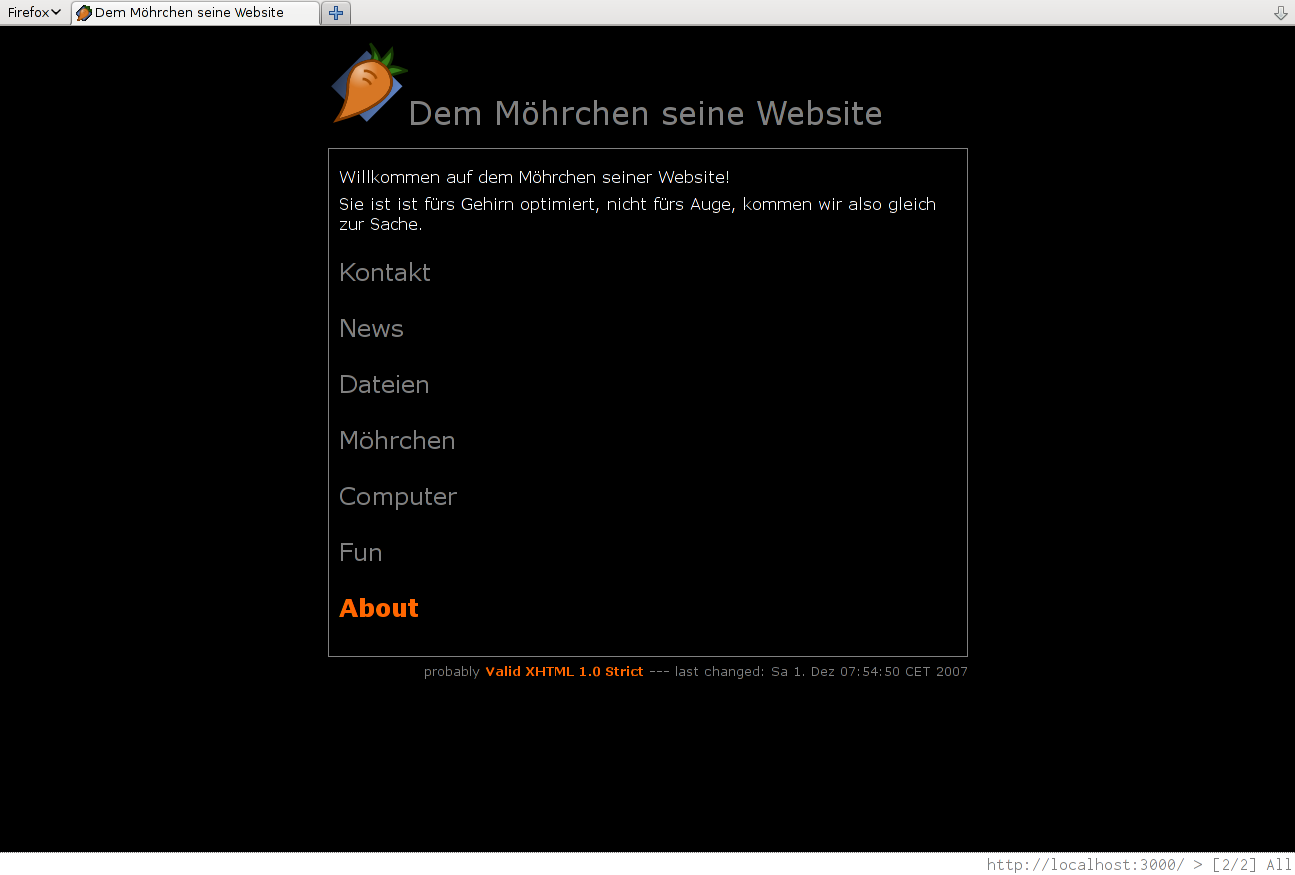

Though it never produces the clean file, it has commands to fire so make will think it's a final target. We don't have to worry about telling make the clean target is PHONY, because it isn't completely phony. Without PHONY, make superclean would fire clean, andsomethingelse, and catcher superclean but with PHONY, make superclean won't fire the catcher superclean. I often use them to tell the default target not to fire. If you change the dependency in fileall from filefwd to file, now fileall does not get rebuilt every time, but only when any of dependent targets is stale against it as a file. You can see that fileall depends on file1 indirectly through a phony target - but it always gets rebuilt due to this dependency.

Now the modification time-stamp of hello.c is newer than that of the 'hello'.
LILYPOND MAKEFILE CODE
Now access the 'hello.c' file and put some white spaces in it, which doesn't affect the code syntax or logic then save and quit.

So when we will invoke 'make hello' from command line, it will print as: make: `hello' is up to date. So the modification (or creation) time-stamp of 'hello' will be newer than that of the 'hello.c'. Now assume that file 'hello' is a text file containing some data, which was created after 'hello.c' file. In makefile a rule is defined as follows: hello:hello.c In a directory 'test' following files are present: ls NOTE: The make tool reads the makefile and checks the modification time-stamps of the files at both the side of ':' symbol in a rule. Some common make targets that are often phony are: all, install, clean, distclean, TAGS, info, check. In terms of Make, a phony target is simply a target that is always out-of-date, so whenever you ask make, it will run, independent from the state of the file system. Now make clean will run as expected even if you do have a file named clean. These special targets are called phony and you can explicitly tell Make they're not associated with files, e.g. In such a case Make will be confused because by default the clean target would be associated with this file and Make will only run it when the file doesn't appear to be up-to-date with regards to its dependencies. Chances are this isn't the case, but you may potentially have a file named clean in your main directory. Good examples for this are the common targets "clean" and "all". However, sometimes you want your Makefile to run commands that do not represent physical files in the file system. Make assumes its target is a file, and this makes writing Makefiles relatively easy: foo: bar By default, Makefile targets are "file targets" - they are used to build files from other files.


 0 kommentar(er)
0 kommentar(er)
